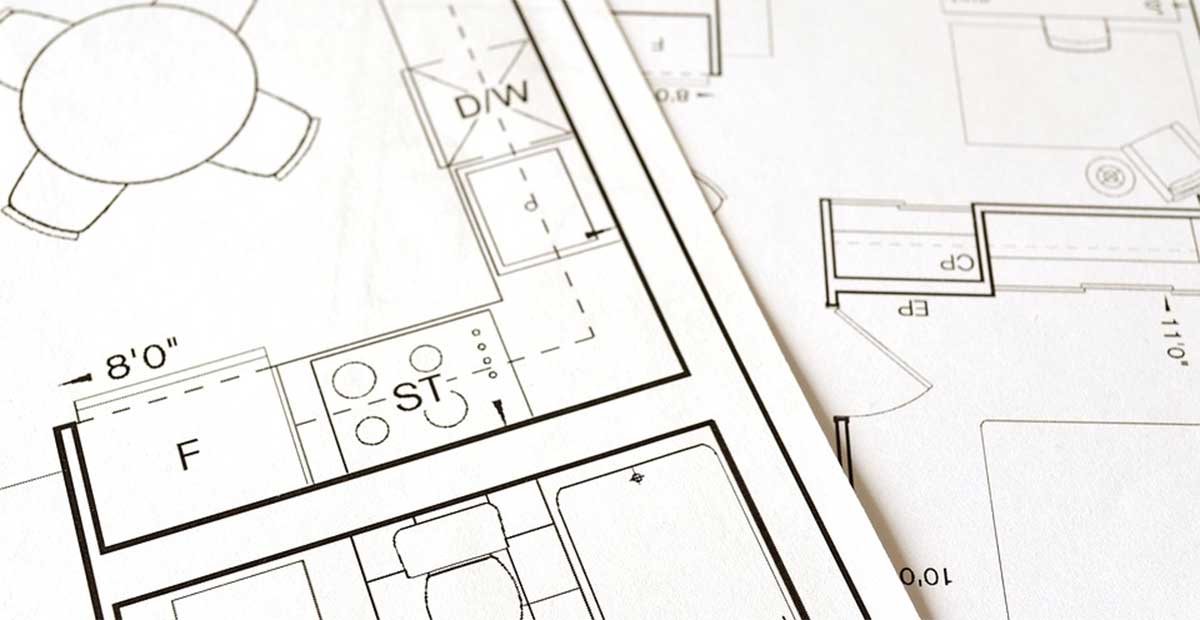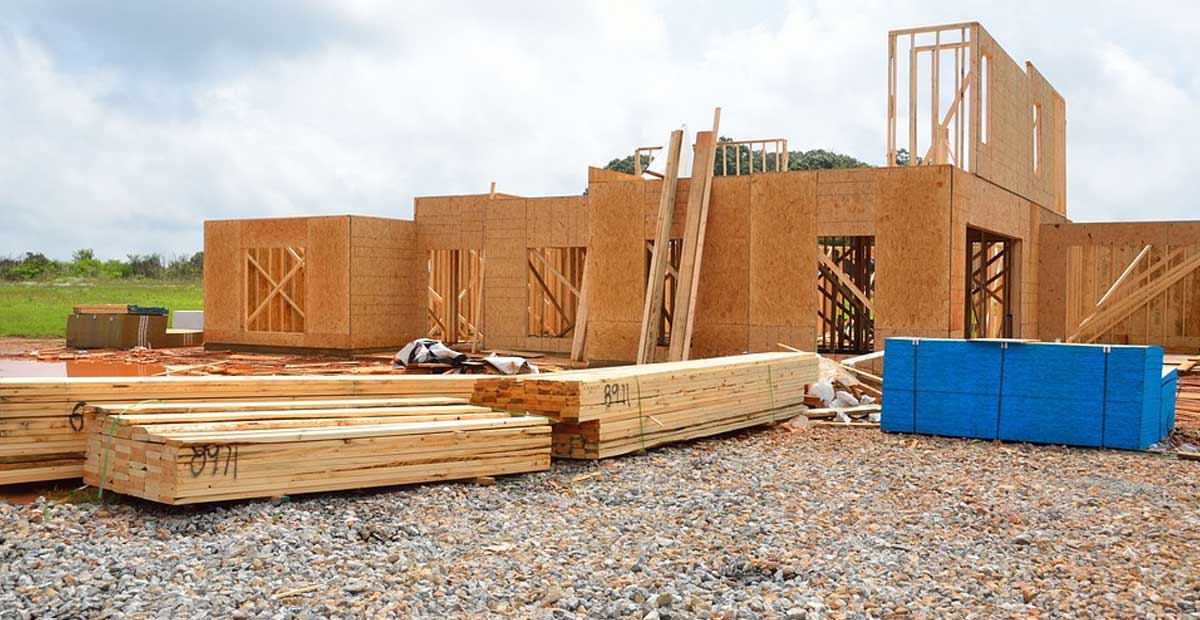Difference between a Building Code Inspector and Home Inspector and Why They are Both Important
We are often asked if a licensed home inspector and building code inspector are the same. Today we will discuss the difference between the two and why they are both important when having a new home built.

Certified Building Code Inspectors
Building code inspectors can be known by many names, such as code inspectors, building inspectors, city building inspectors, county building inspectors, code enforcement inspectors, and construction building inspectors. For the purposes of this article, we will refer to them as code inspectors.
The main difference between a code inspector and home inspector is, a code inspector is generally employed by a government agency such as a city or county. Their chief job during new home construction is to ensure the builder follows local codes and ordinances and that proper permits have been obtained. Code inspectors confirm that safety measures governed by their city or county have been adhered to during the building process of both new homes and commercial buildings.
For new homes, code inspectors are looking for things such as structural integrity, proper amps and grounding for electrical wiring, smoke alarms in dedicated areas, and proper sewage disposal systems. They are not concerned with the quality of workmanship or the intricacies of the home or building. Instead, they focus on the code and safety aspects of the structure.
When your builder says the property has already been inspected by a third party, the inspector is referring to the code inspector.

Licensed Home Inspectors
On the other hand, a licensed home inspector is not employed by a government agency. He or she is hired directly by the person buying the home (or commercial property) which means they are looking out for the buyers’ best interest. Most states, including Texas, require that a home inspector be licensed and insured.
The home inspector inspects many of the same things that the code inspector does but can also get more in-depth. A home inspector is not only checking the functionality of each of the five main components but is also looking for defects or imperfections within each. The five main components are: structural, electrical, plumbing, HVAC and fixed appliances. On average a home inspector spends two to three hours (or longer) at the home during their inspection. He or she will also note workmanship defects such as wood flooring that is not installed properly, cabinets that don’t open and close properly, doors and windows that don’t open and close properly, and roof shingles that aren’t secured properly.
If you are building a new home, it’s also a good idea to complete a 3 Phase Home Inspection. This means the inspector inspects the property during each phase of the building process. Most always, the inspector finds several issues that need to be addressed during each of these phases. If these items are not addressed prior to the builder beginning the next phase of construction, it’s likely the homeowner won’t know about them until it becomes a major issue.
Also noteworthy is that in rare cases, some home inspector’s are certified code inspectors.
As you can see, both the job of a code inspector and home inspector are extremely important. Each is looking for different issues. A new home is probably the biggest investment that you will ever make which means that it’s important to determine what you’re investing in.
If we can help you with your new home inspection please don’t hesitate to give us a call at (832) 643-9724 or visit our website at redstarhomeinspection.com.

